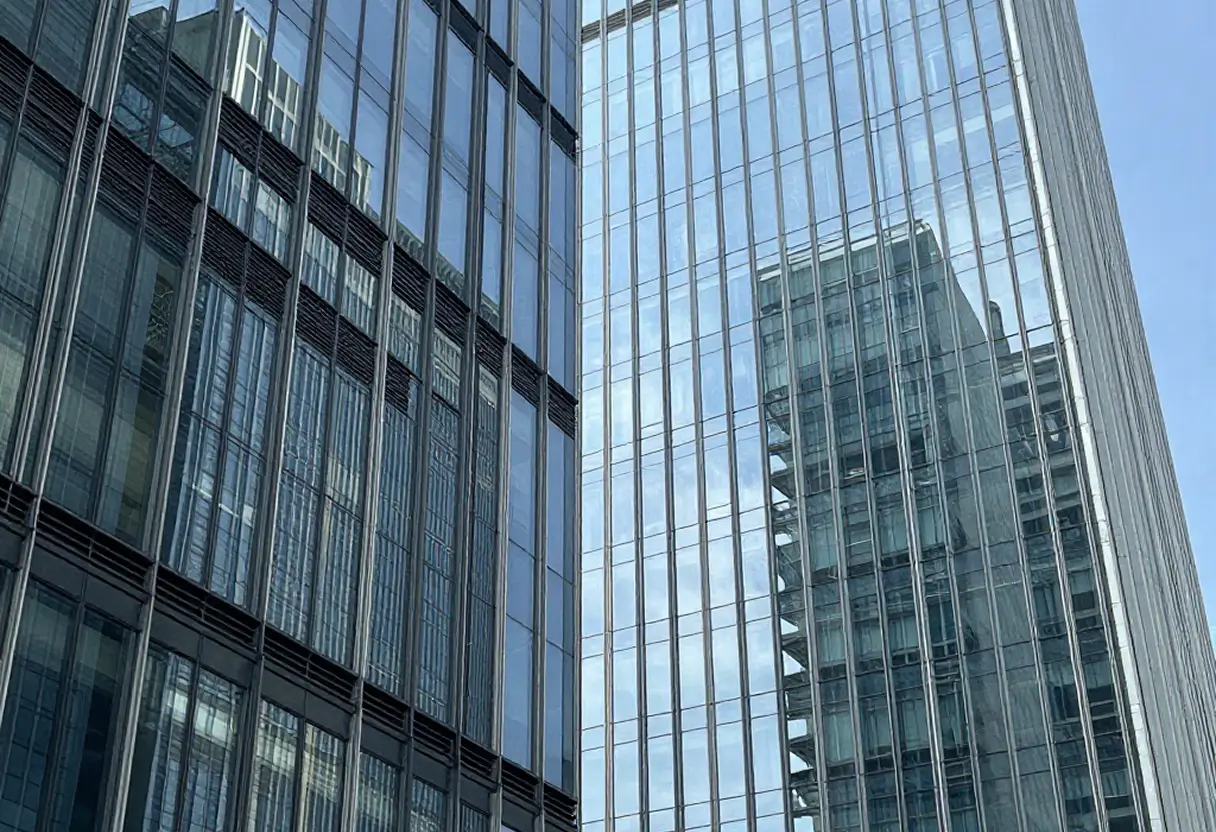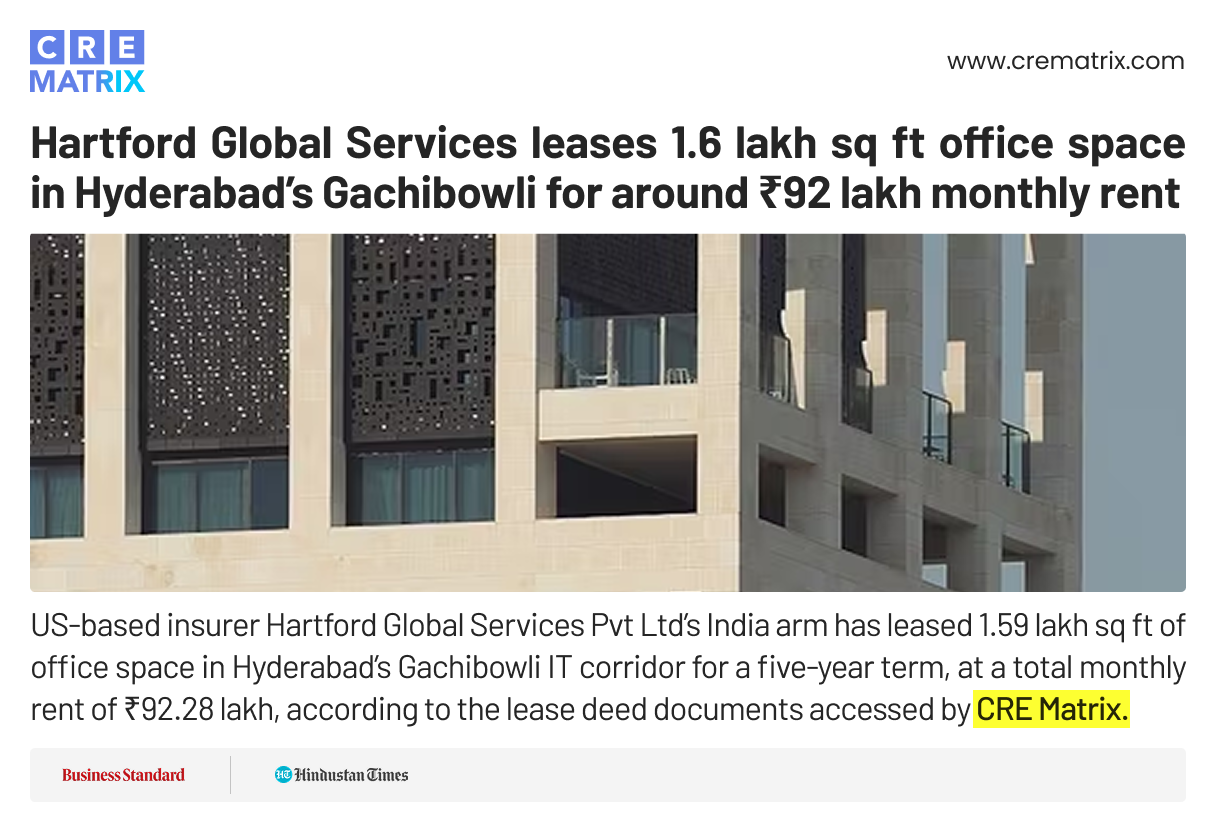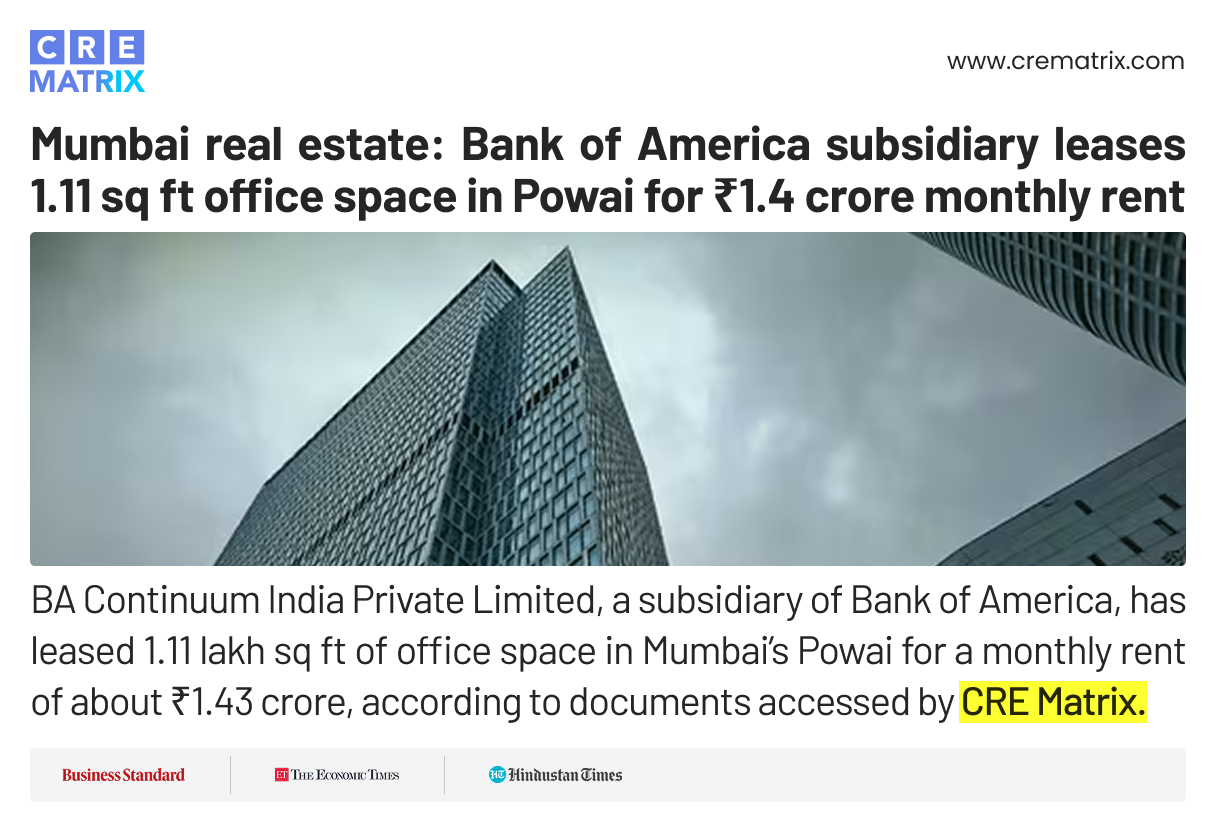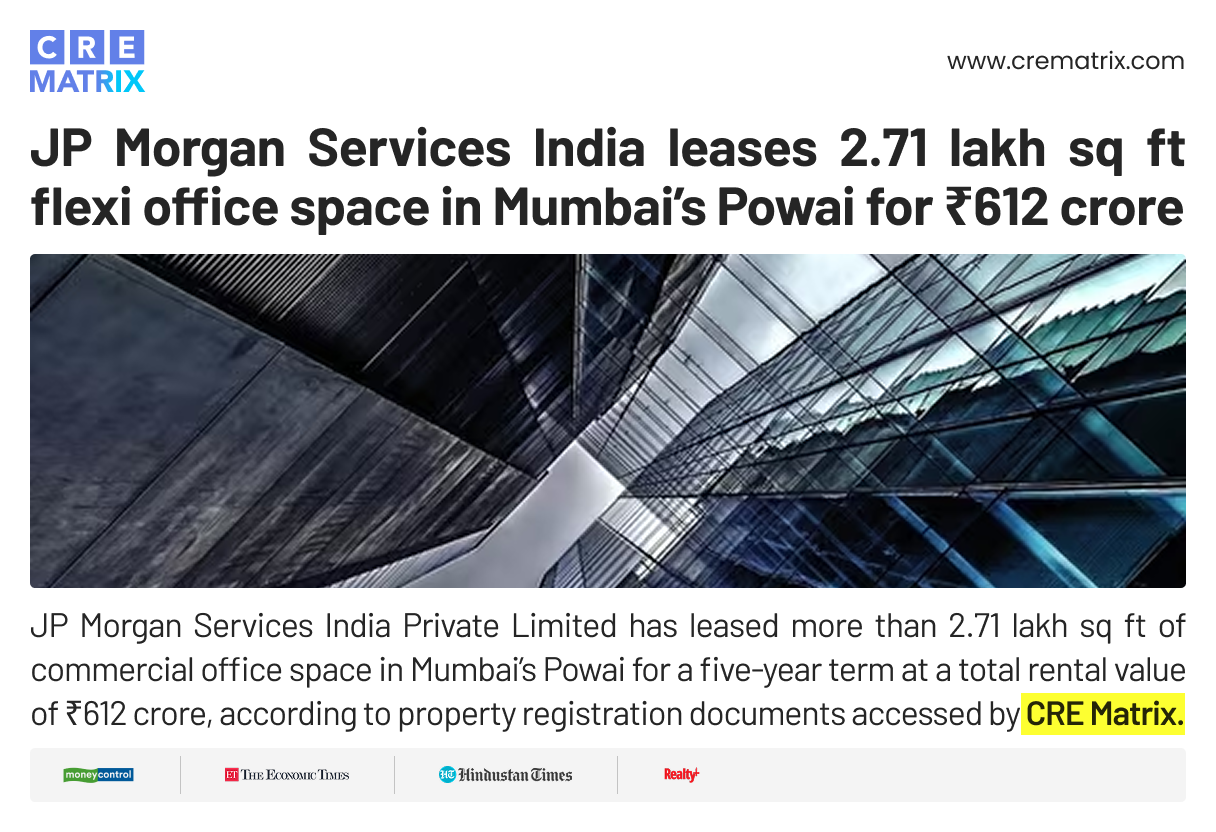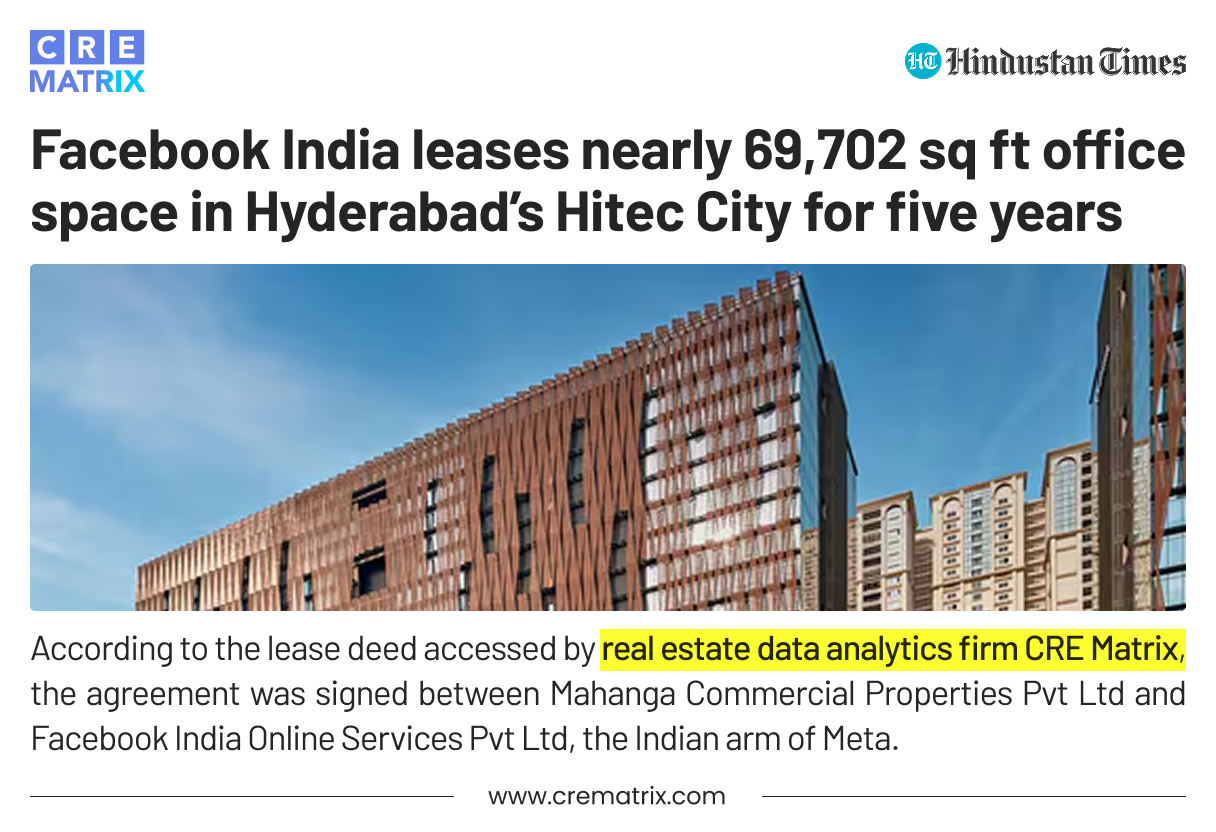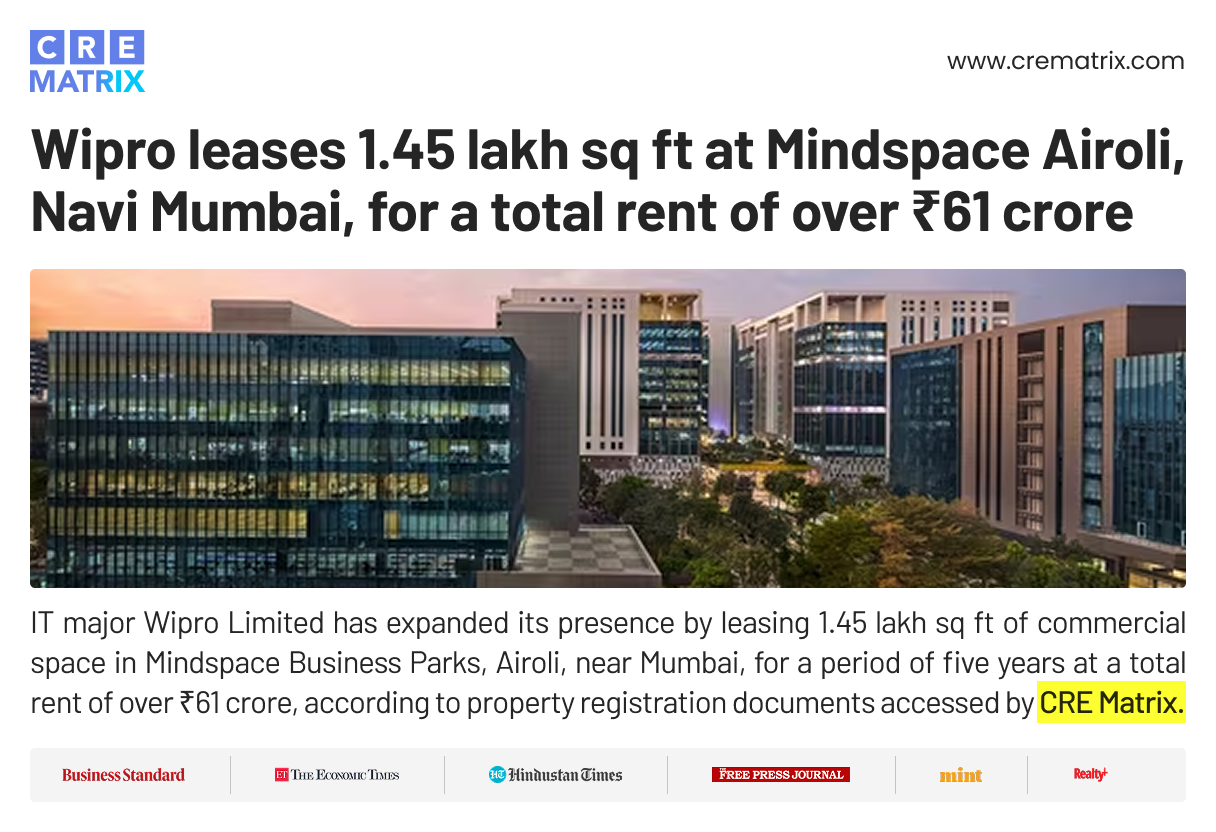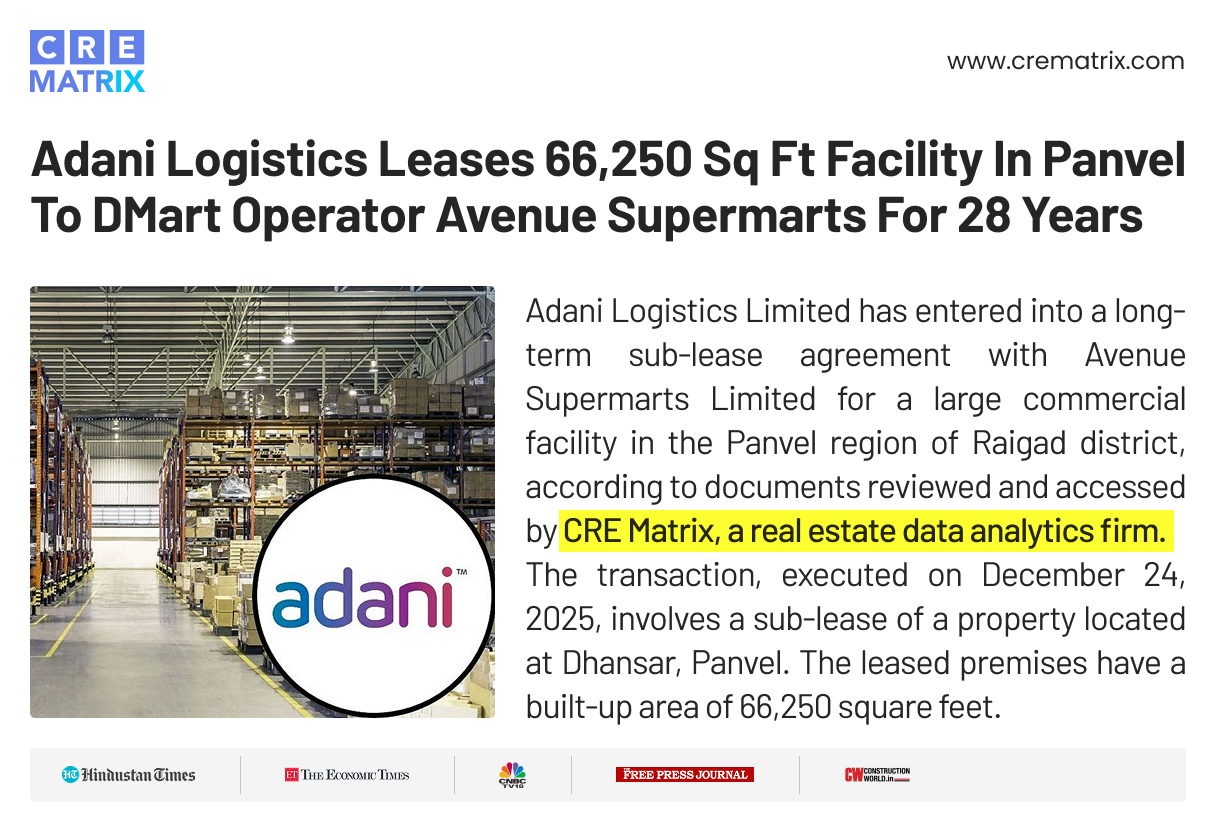India’s real estate market has entered a decisive shift from intuition-led decision-making to analytics-driven investment strategy. Pricing assumptions based on local perception, anecdotal evidence, or headline trends are no longer sufficient in a market defined by scale, fragmentation, and rapidly changing demand patterns.
Across residential and commercial real estate, outcomes are increasingly determined by data visibility at the micro-market level. Investors, developers, lenders, and intermediaries today require measurable signals on demand strength, pricing sustainability, and liquidity well before capital is deployed.
This transition is not incremental. It is structural.
Why Analytics Now Defines Property Performance
In practice, asset performance cannot be evaluated through location narratives alone. Two projects within the same corridor can deliver materially different outcomes depending on supply timing, ticket size alignment, buyer depth, and inventory behaviour.
Real estate analytics allows stakeholders to move beyond surface-level comparisons and assess markets through objective indicators such as:
- Supply–demand balance at the micro-market level
- Price movement and volatility trends
- Ageing and overhang of unsold inventory
- Sales velocity and absorption depth
- BHK-wise configuration performance
- Ticket-size alignment with buyer demand
- Rental benchmarks and yield sustainability
- Developer delivery and execution track record
These indicators reveal risk, liquidity, and future appreciation potential factors that cannot be inferred from headline prices or promotional claims.
How Market Intelligence Interprets a Micro-Market
1. Supply–Demand Cycles
Quarterly launch and sales data immediately signals whether a micro-market is:
- Expanding (supply-led)
- Stabilising (balanced)
- Tightening (demand-led)
When supply growth outpaces demand, pricing pressure emerges.
When demand outstrips new launches, pricing power shifts decisively.
Understanding this cycle is critical for both entry timing and exit planning.
2. Unsold Inventory as a Risk Indicator
Unsold inventory remains one of the strongest indicators of market stress or strength:
- Elevated inventory suggests absorption challenges and price fatigue
- Declining inventory indicates scarcity-led appreciation and faster liquidity
Markets with falling unsold stock consistently outperform on price stability and resale velocity.
3. BHK-Wise Demand Behaviour
BHK segmentation exposes what buyers are actually consuming not what is being supplied.
A micro-market dominated by 2-BHK absorption behaves very differently from one driven by larger premium units. This distinction directly impacts pricing power, rental demand, and exit timelines.
4. Price Movement and Sales Velocity
Tracking price curves over time allows investors to identify:
- Bottoming phases with asymmetric upside
- Momentum-driven growth cycles
- Overheated markets vulnerable to correction
Sales velocity adds a second layer revealing whether price increases are supported by real transactions or simply by listing optimism.
5. Ticket Size and Price-per-Sq-Ft Alignment
Ticket-size absorption highlights where true buyer depth exists.
Price-per-square-foot trends indicate whether a product is competitively positioned or structurally mispriced.
Misalignment between ticket size and local demand is one of the most common reasons for slow absorption and capital lock-in.
Determining Whether a Home Is Correctly Priced: A Practical Framework
Consider two apartments within the same tower Flat 501 and Flat 502.
Despite similar specifications, analytics reveals meaningful differences.
1. Capital Appreciation Performance
Micro-market growth (3 years): 18%
- Flat 501
- 2021 price: ₹1.25 Cr
- Current value: ₹1.54 Cr
- Growth: 23% (outperforming the market)
- Flat 502
- 2021 price: ₹1.30 Cr
- Current value: ₹1.45 Cr
- Growth: 11% (underperforming the market)
Insight:
501 demonstrates stronger alignment with market momentum and supports a higher valuation.
2. Rental Benchmarking
Micro-market rent range: ₹48–₹52 per sq ft
- Flat 501 (980 sq ft): ₹49/sq ft aligned
- Flat 502 (980 sq ft): ₹57/sq ft 15–18% premium
Without clear qualitative justification (floor height, layout advantage, furnishings), 502 appears stretched relative to market norms.
3. Yield Comparison
- Flat 501
- Annual rent: ₹5.8 lakh
- Value: ₹1.54 Cr
- Yield: 3.7%
- Flat 502
- Annual rent: ₹6.7 lakh
- Value: ₹1.45 Cr
- Yield: 4.6%
Insight:
501 favours capital appreciation.
502 favours income yield.
Analytics enables objective investor segmentation rather than subjective preference.
4. Supply–Demand Backdrop
- New launches: ↓ 22%
- Sales: ↑ 14%
- Unsold inventory: two-year low
This indicates a tightening market where pricing power is improving. In a high-supply scenario, the same assets would face pricing resistance.
5. Ticket-Size Liquidity Bands
Fastest absorption: ₹90 lakh – ₹1.2 Cr
Slower movement: ₹1.5 Cr+
Pricing beyond high-velocity bands materially impacts resale liquidity even if the asset quality remains unchanged. Identifying these “sweet spots” is critical for both investors and developers.
6. Commercial Ecosystem Correlation
Commercial leasing growth in the nearby business district: 28% YoY
This supports:
- Rental growth
- Lower residential vacancy
- Improved investor confidence
- Stronger long-term price momentum
While both units benefit, analytics still indicates superior long-term fundamentals for Flat 501.
What Defines a Correctly Priced Asset
A residential unit is efficiently priced when:
- Appreciation matches or exceeds micro-market growth
- Rentals align with prevailing benchmarks
- Yields fall within sustainable market ranges
- Ticket size sits within high-velocity demand bands
- Supply–demand dynamics support absorption
- Commercial activity reinforces residential demand
- Competing inventory remains limited
In essence, pricing efficiency emerges from alignment with market reality not expectation.
Conclusion
Real estate decisions today require more than experience or instinct. They demand structured intelligence across supply, demand, pricing, rentals, and liquidity.
When stakeholders rely on analytics rather than assumptions the margin for error narrows significantly. Whether comparing two apartments, validating a launch price, assessing rental sustainability, or identifying emerging growth corridors, data enables decisions that are faster, clearer, and economically sound.
The future of property investment belongs to those who invest with insight not inference.
1. What is real estate analytics and why is it important in India?
Real estate analytics involves using structured data on supply, demand, pricing, inventory, and sales velocity to evaluate property performance. In India’s fragmented and fast-evolving market, analytics helps reduce risk and improve investment outcomes.
2. How does data-driven analysis improve property investment decisions?
Data-driven analysis allows investors to assess micro-market trends, pricing sustainability, liquidity, and demand depth. This enables better entry timing, accurate valuation, and clearer exit planning compared to intuition-led decisions.
3. What role do micro-markets play in real estate analytics?
Micro-markets are critical because property performance can vary significantly within the same corridor or city. Analytics helps identify supply–demand balance, unsold inventory levels, and sales velocity at the micro-market level, which directly impacts pricing and returns.
4. How does unsold inventory affect real estate valuation?
High unsold inventory often signals absorption challenges and pricing pressure, while declining inventory indicates tightening markets and stronger price stability. It is one of the most reliable indicators of market health.
5. Can real estate analytics help determine whether a property is correctly priced?
Yes. By comparing capital appreciation, rental benchmarks, yield, ticket-size liquidity, and supply–demand conditions, analytics helps determine whether a property’s price aligns with market realities rather than expectations.
6. Who benefits most from using real estate analytics?
Developers, investors, lenders, REITs, and occupiers all benefit. Analytics supports better pricing strategies, capital allocation, risk assessment, and long-term portfolio optimisation across residential and commercial assets.
Elevate your decisions in real estate as a developer or broker with CRE Matrix‘s data-driven insights. Book a demo now!


